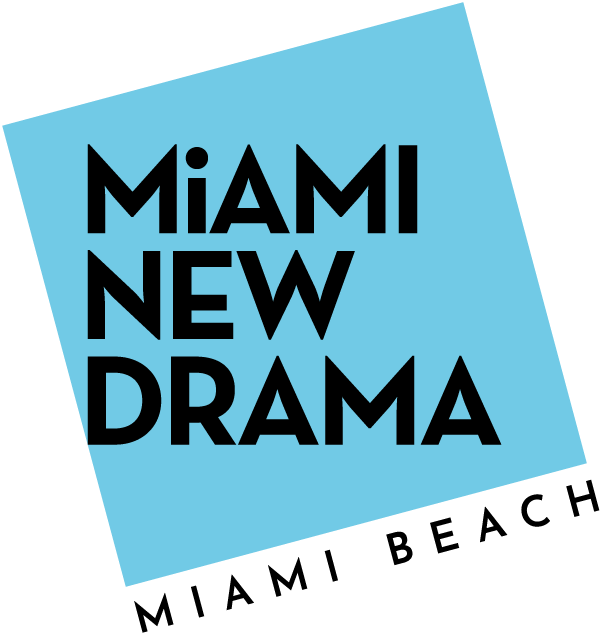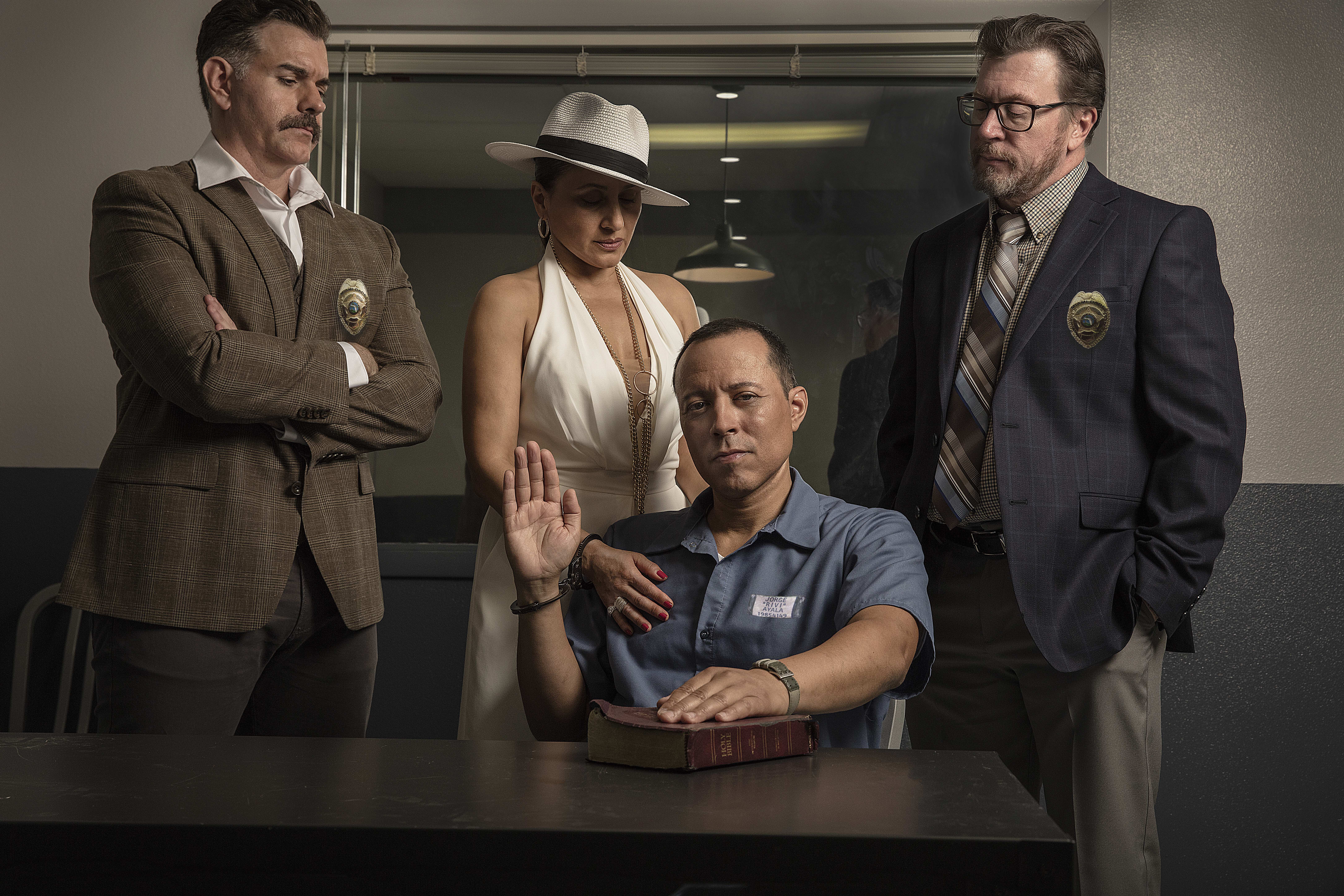
It’s All True – We Swear
Part of the draw of Confessions of a Cocaine Cowboy, Miami New Drama’s world premiere play based on the hit Cocaine Cowboys documentaries, is its intersection with real life in Miami’s wild 80’s. The show tells the true story of hitman Rivi Ayala and his notorious boss, cartel godmother Griselda Ayala. So we asked actors, audience members, and some of the players from that time about living – and re-living – one of Miami’s most stunning eras.
Bob Palombo, retired DEA agent who arrested “Godmother” Griselda Blanco, audience:
They portray [Blanco] accurately. Her flamboyance, the way she dressed. She could smell police a mile away, she was very paranoid about being arrested, about being killed by her enemies.
She was the catalyst for the violence in Miami. It dropped significantly when she was taken out. These people were responsible for smuggling thousands of pounds of cocaine and ruining people’s lives from all strata of society. She was the one who increased the demand. It caused horrors on all levels. If you were down here at the time you couldn’t avoid it. It was horrible. You’d see devastating deaths. Shotguns to the head, brains splattered all over the place. Innocent bystanders were often her victims.
I think about it on a daily basis. The interest never ends. It’s not just the U.S., it’s the world. You’re talking about a female who made it in a man’s world. She caused so much mayhem.
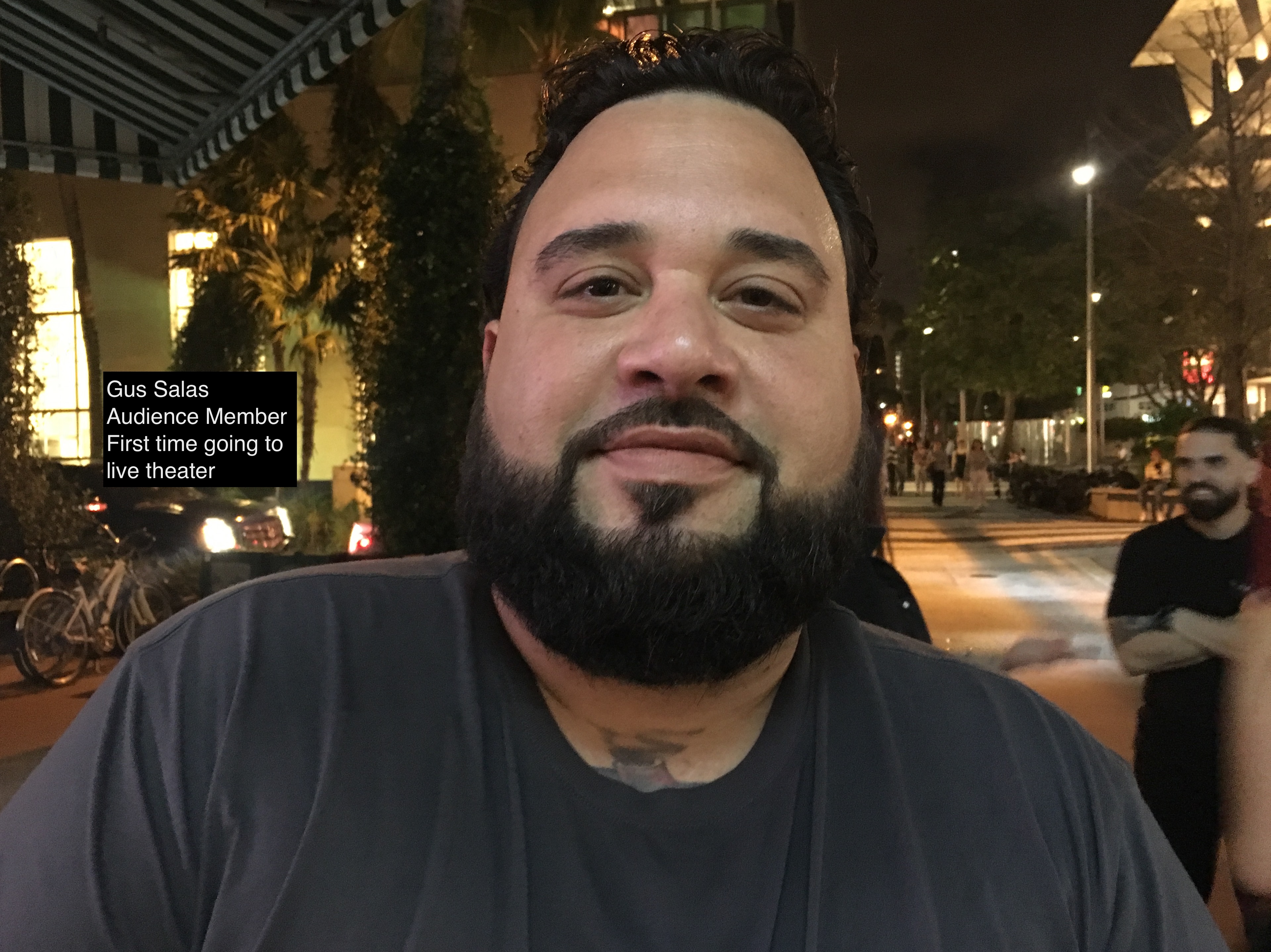
Gus Salas, audience: I’ve seen all the [Cocaine Cowboys] movies. I really like that time. Maybe I like the fantasy of me doing it. It was like a future wild wild west – every man for himself. This is the first play I’ve been to. I really enjoyed it. It brings that time to life – I felt like I was there.
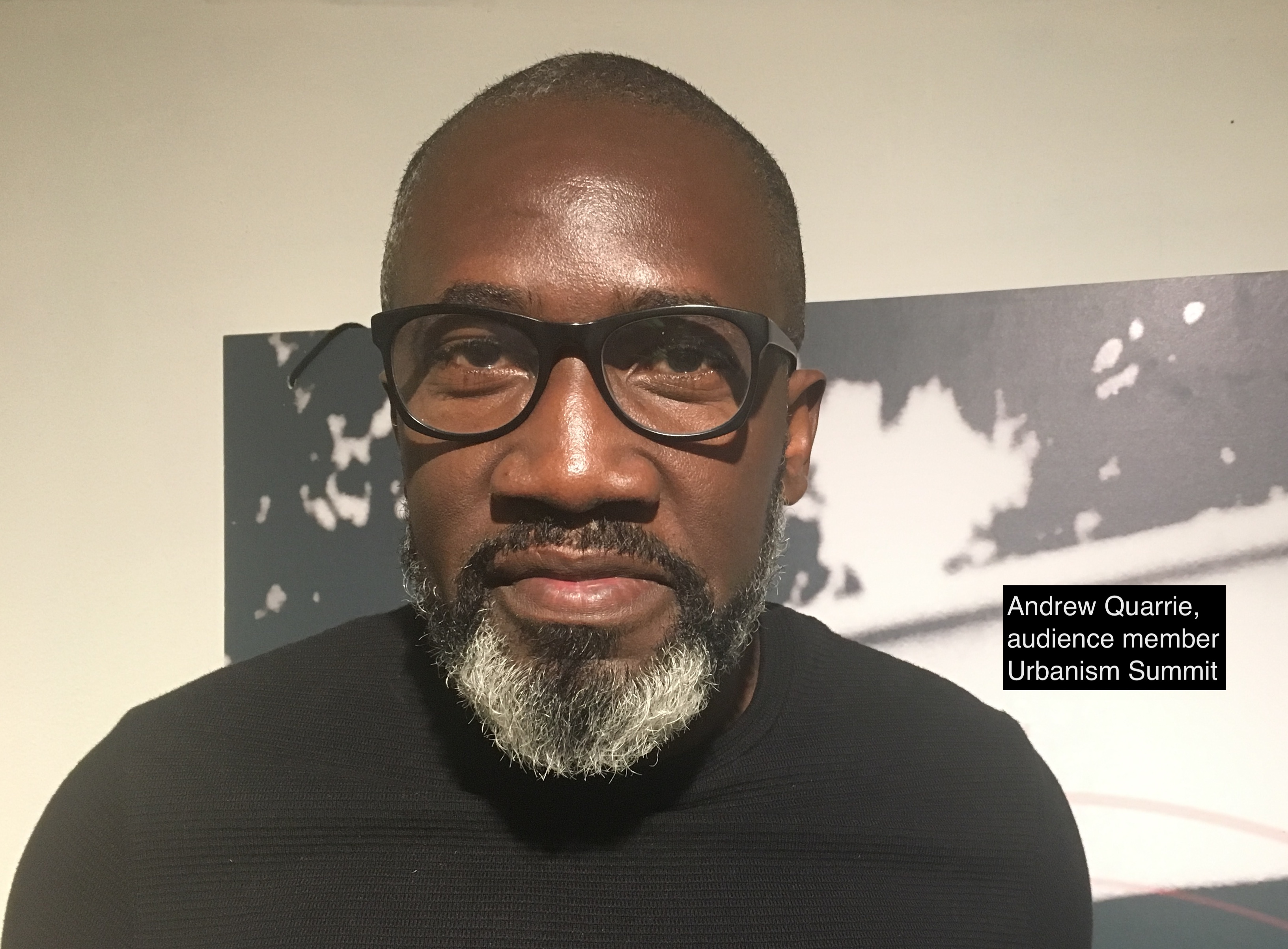
Andrew Quarrie, Urbanism Summit Founder, audience: I’m always curious about how the past affects the present and how we move into the future. It’s important to have these raw stories about our city that are not watered down. This is a very entertaining history lesson on how Miami was built.
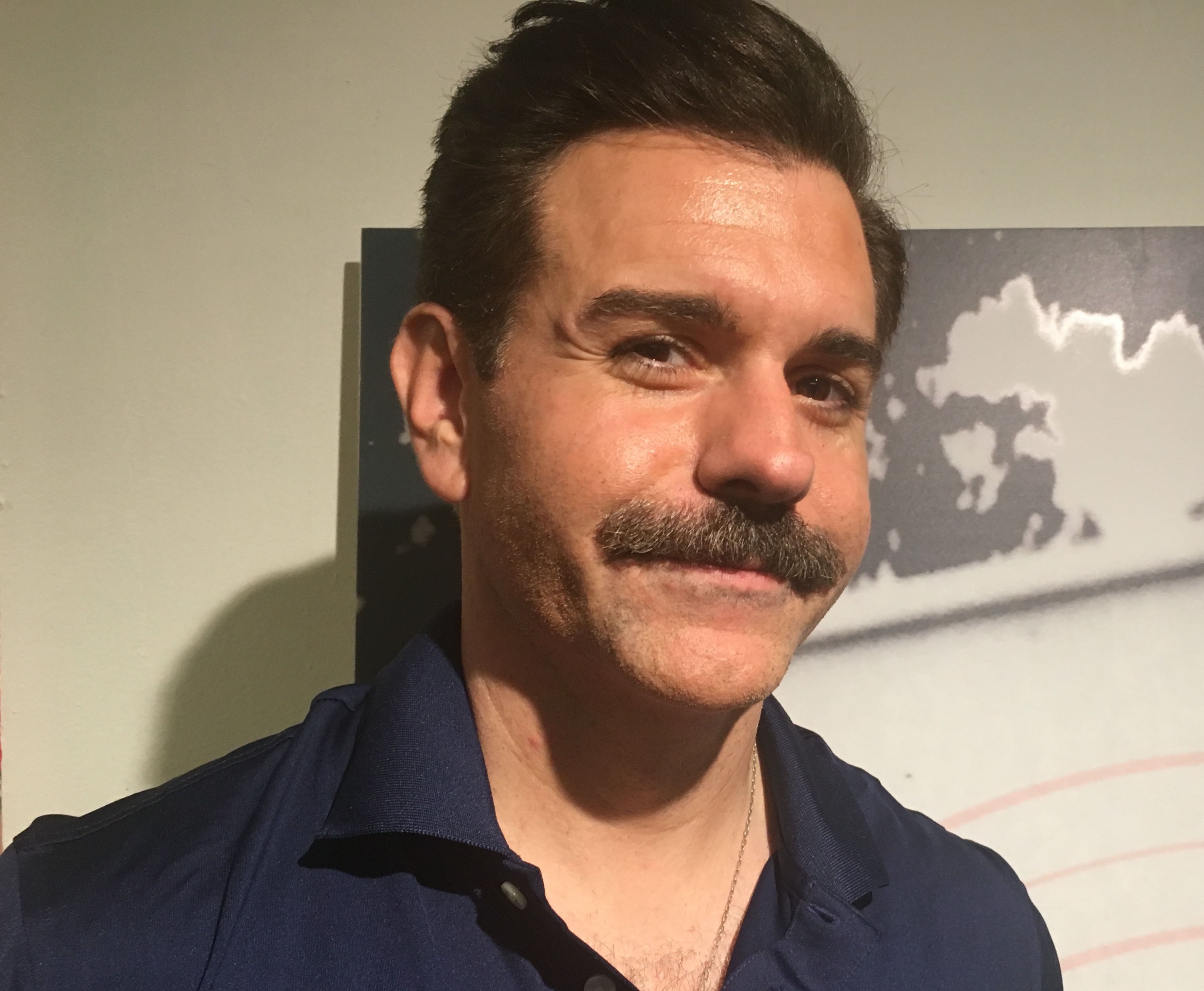
Actor Nicholas Richberg, plays police lieutenant Raul Diaz: Raul Diaz is a real guy. I grew up in Miami, and my dad was a cop for 25 years. He dealt with riots and drug stuff. Having lived through that and knowing we’re telling the stories of people who could walk through the door gives you a special sense of responsibility.
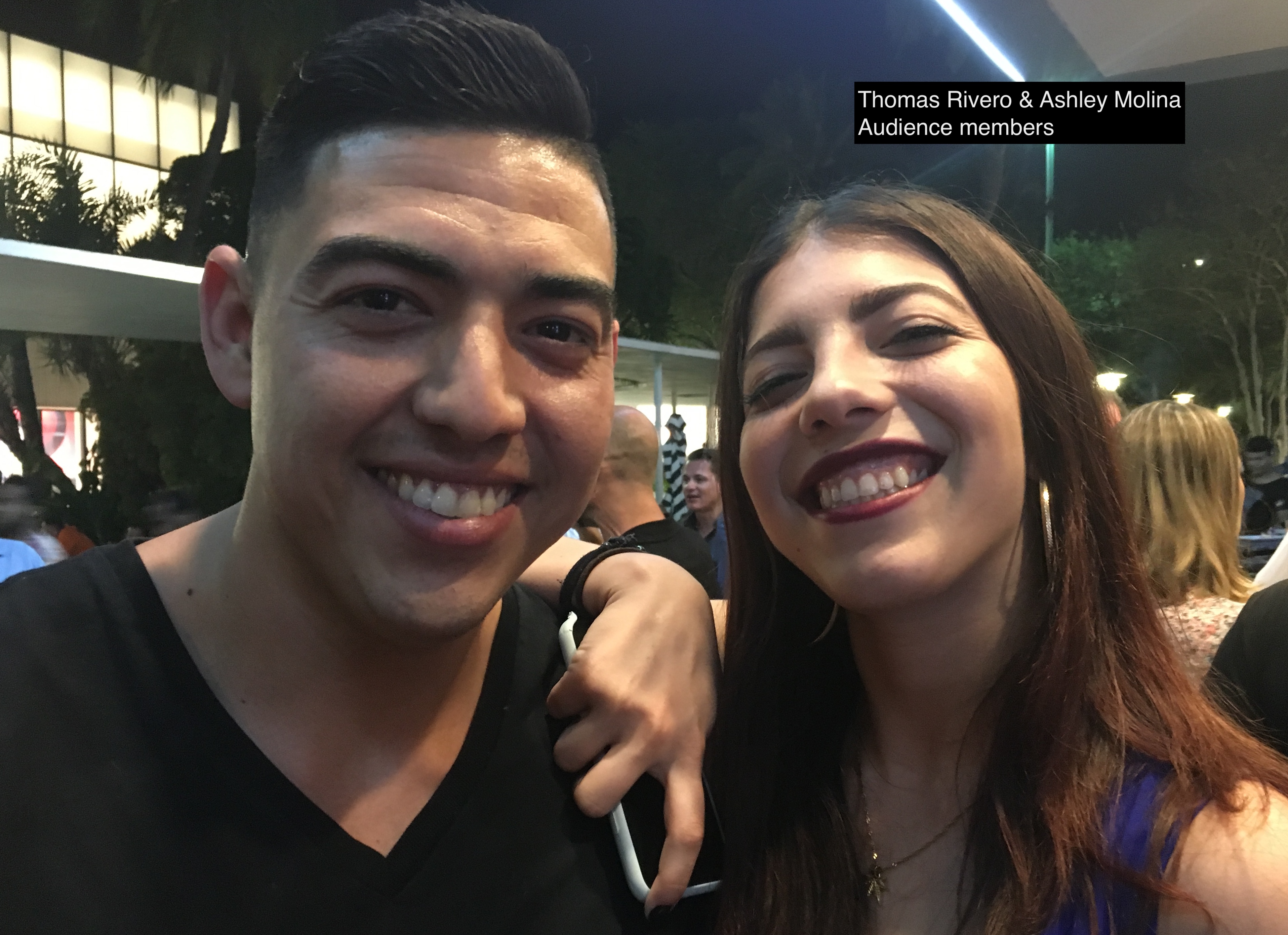
Thomas Rivero (with friend Ashley Molina), audience: I love the films of that era. I love that time. It made Miami. A lot of these guys came from nothing and made millions. What I liked most about the play is it wasn’t just about cocaine and money. They showed [hitman Rivi Ayala’s] life.
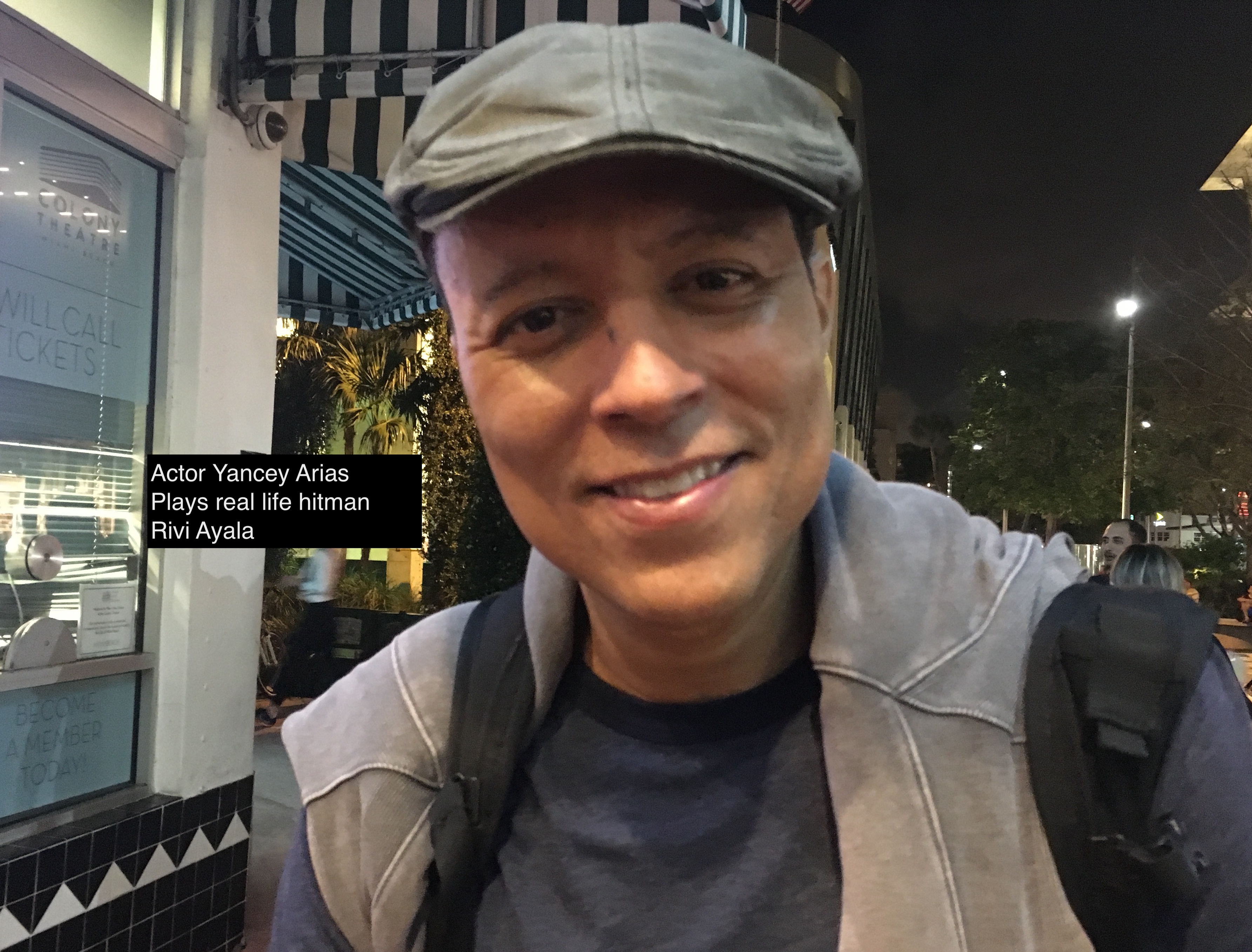
Actor Yancey Arias, plays hitman Rivi Ayala: I have to understand his psyche. It was a great responsibility. When you look at dangerous people sometimes you can’t believe they actually exist. People with innate possibilities you can’t explain. Sometimes we have to laugh about it – that’s the only way we can protect ourselves, through humor. We also have to understand there is no black and white, it’s all a grey area. We’re all human. That’s what we’re here for as artists, to give awareness that this is the way some people think and this is what they have done. If there’s any way to save yourself from an experience like this I hope you learned it here tonight. My goal with every production I do is to hold up a mirror and let people see the ugliness and the humanity and the honesty of it.
Gail Epstein, former Miami Herald crime reporter who covered the Griselda Blanco case, audience: I knew all the detectives who worked her case. This was part of the whole Miami mystique. She was a fascinating character, a woman who rose through very bloody ranks.
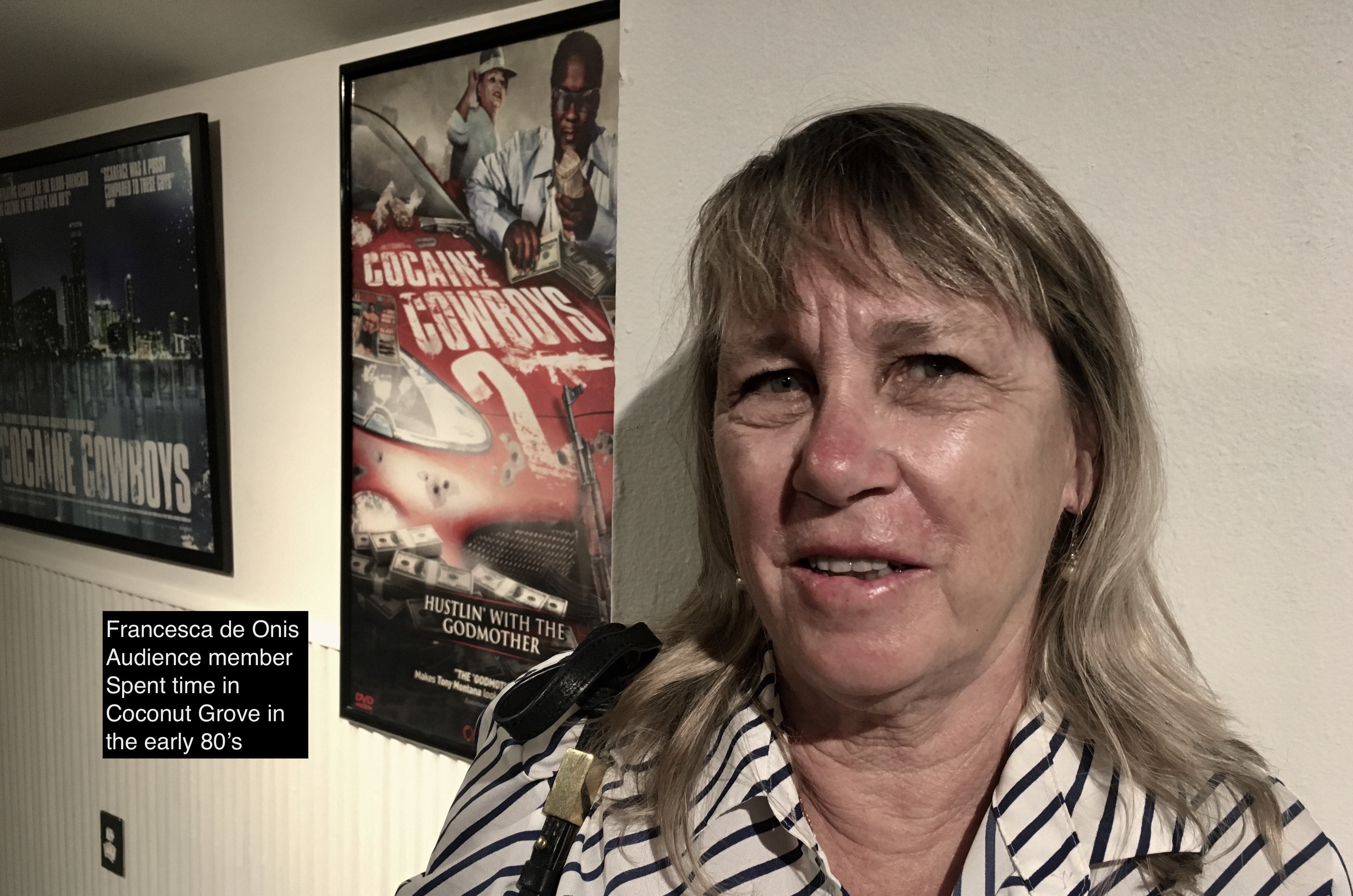
Francesca de Onis, spent time in Coconut Grove in the early 80’s, audience:
Coconut Grove was crazy. You’d see guys who looked like guajiros from Colombia peeling off hundreds for everything. It was a free for all. When you’d walk into the Mutiny Hotel you didn’t know if it was the DEA or the drug dealers looking at you.
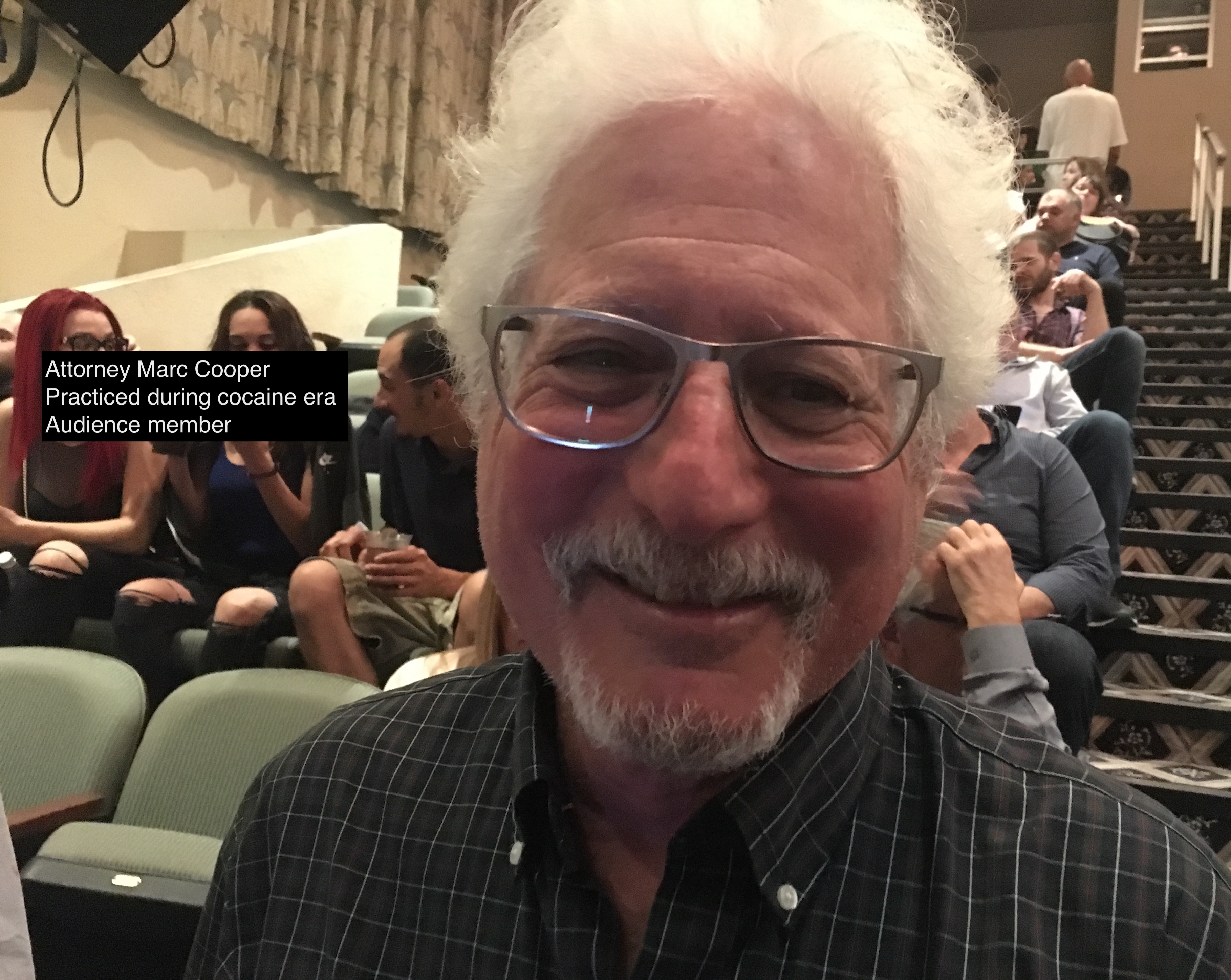
Marc Cooper, Miami appellate attorney since the mid-70’s, audience: We’ve seen a lot. All the clients here [in 70’s and 80’s] were related to the drug trade. There was a lot of temptation, a lot of cash. This is part of our history.
Heather Davis – native Miamian, grew up in Coconut Grove, audience:
I remember the Dadeland shooting, the Mutiny Hotel. I’m connected in other ways. I’m fascinated with this era. This is a fundamental time if you grew up in Miami.
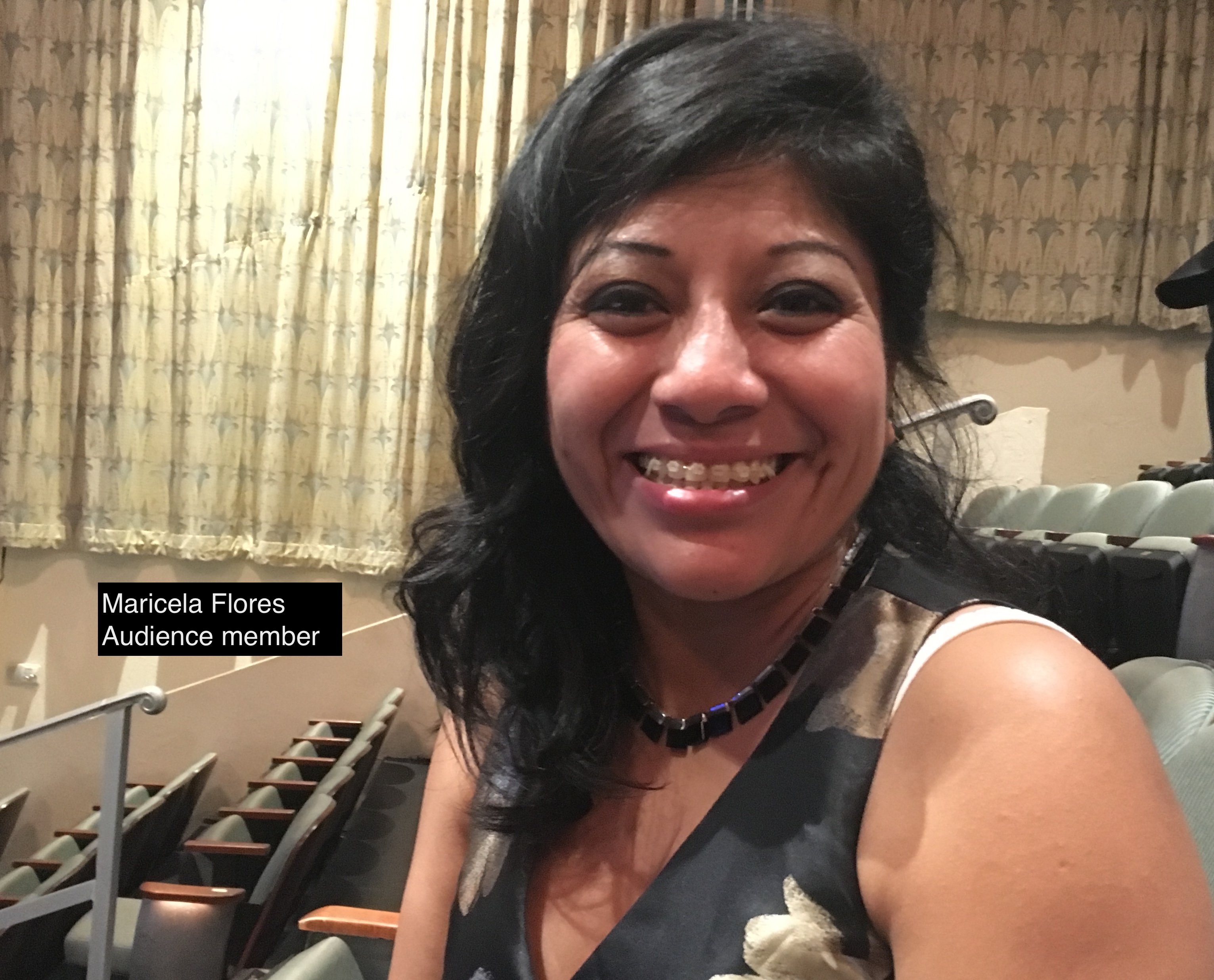
Maricela Flores, audience: I’ve seen all the [Cocaine Cowboys] films. These stories interest me a lot. This [play] is very complicated, really hardcore. Griselda is very cold – but she’s real.
